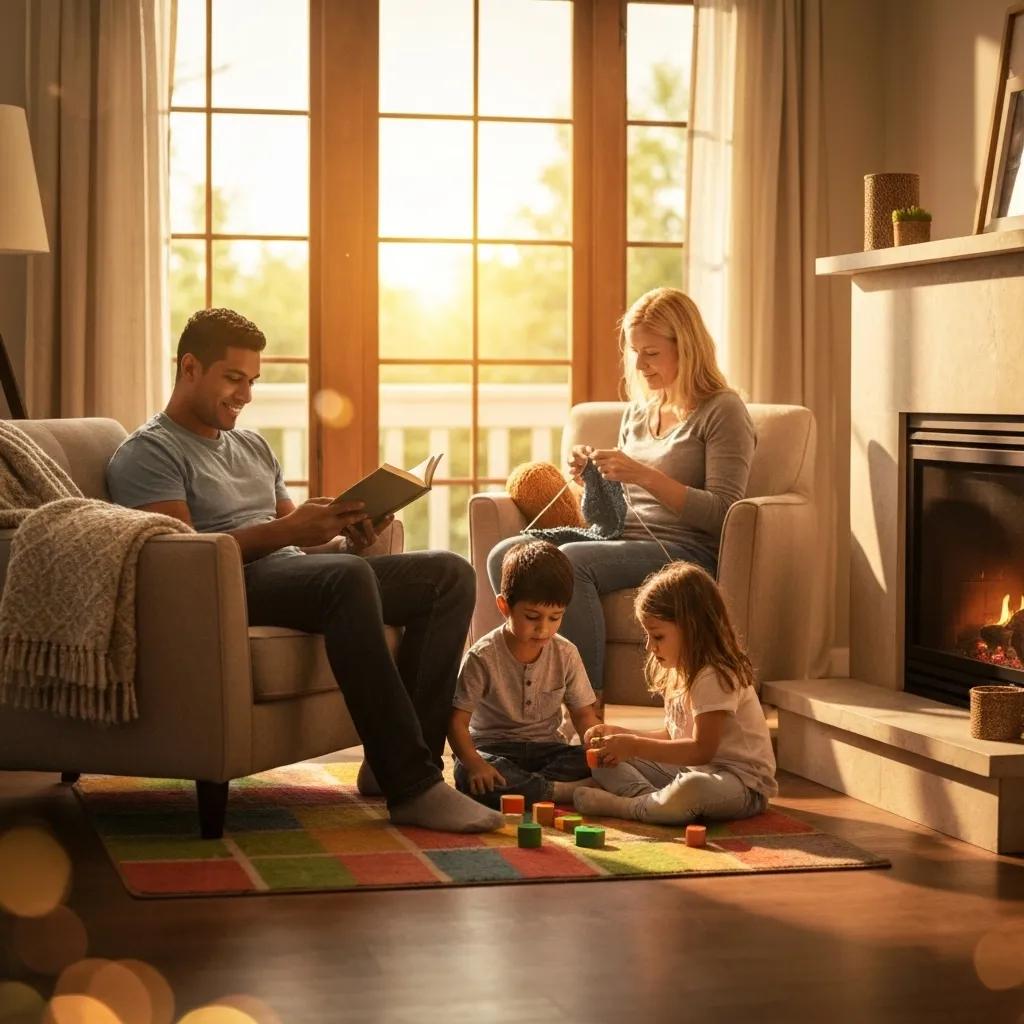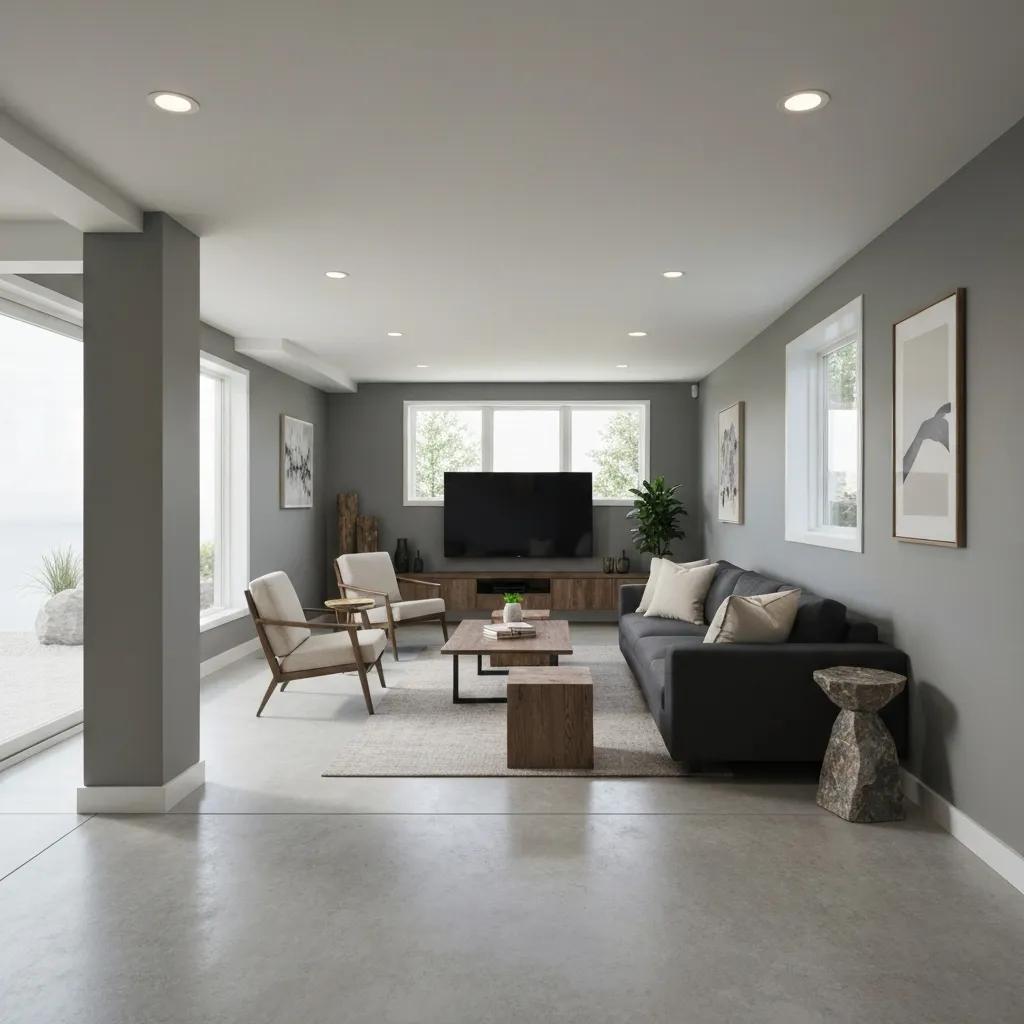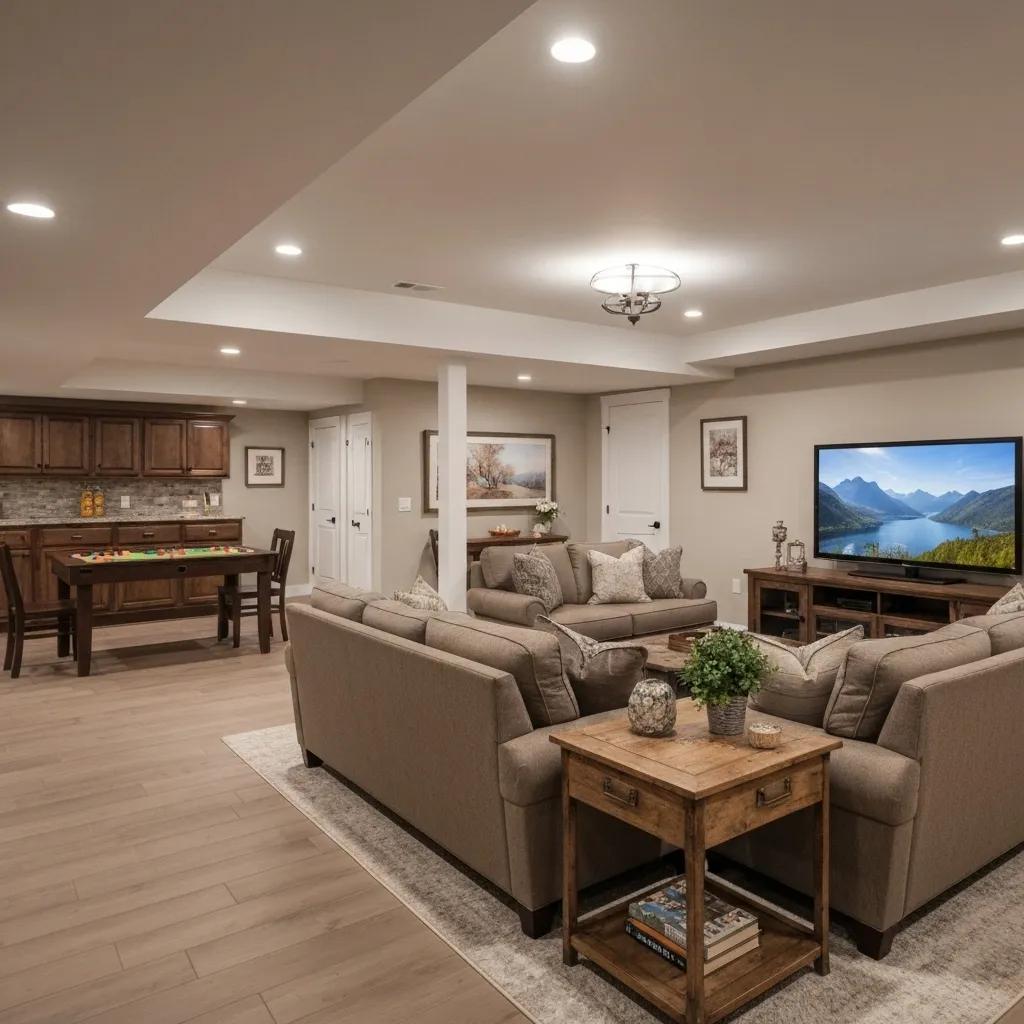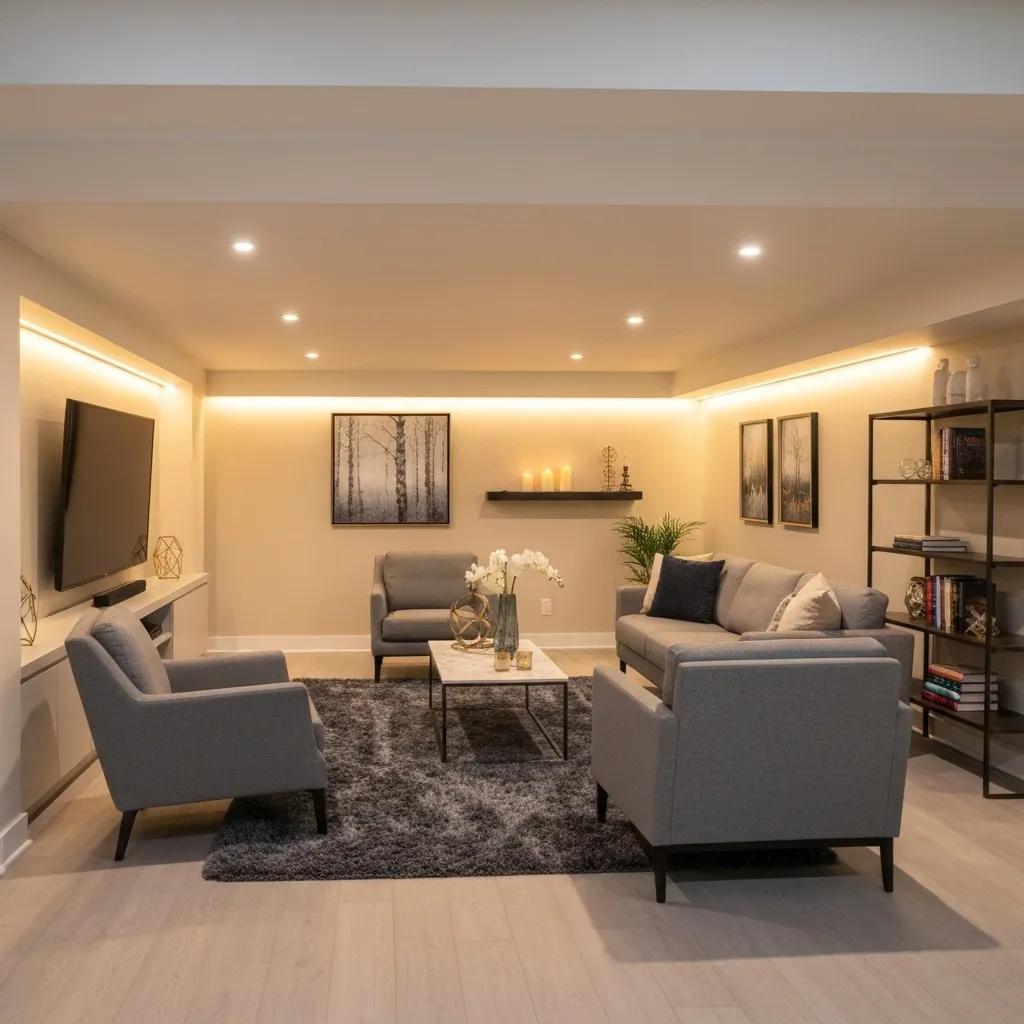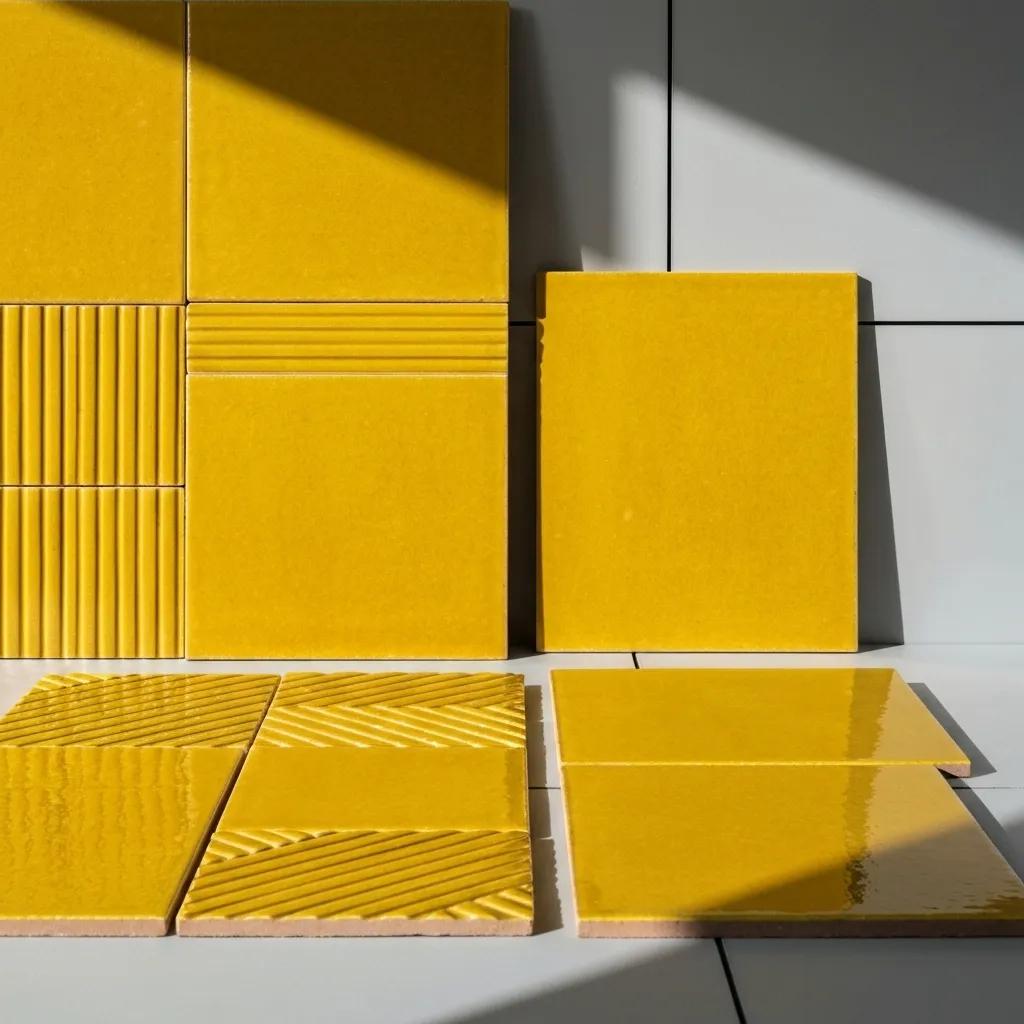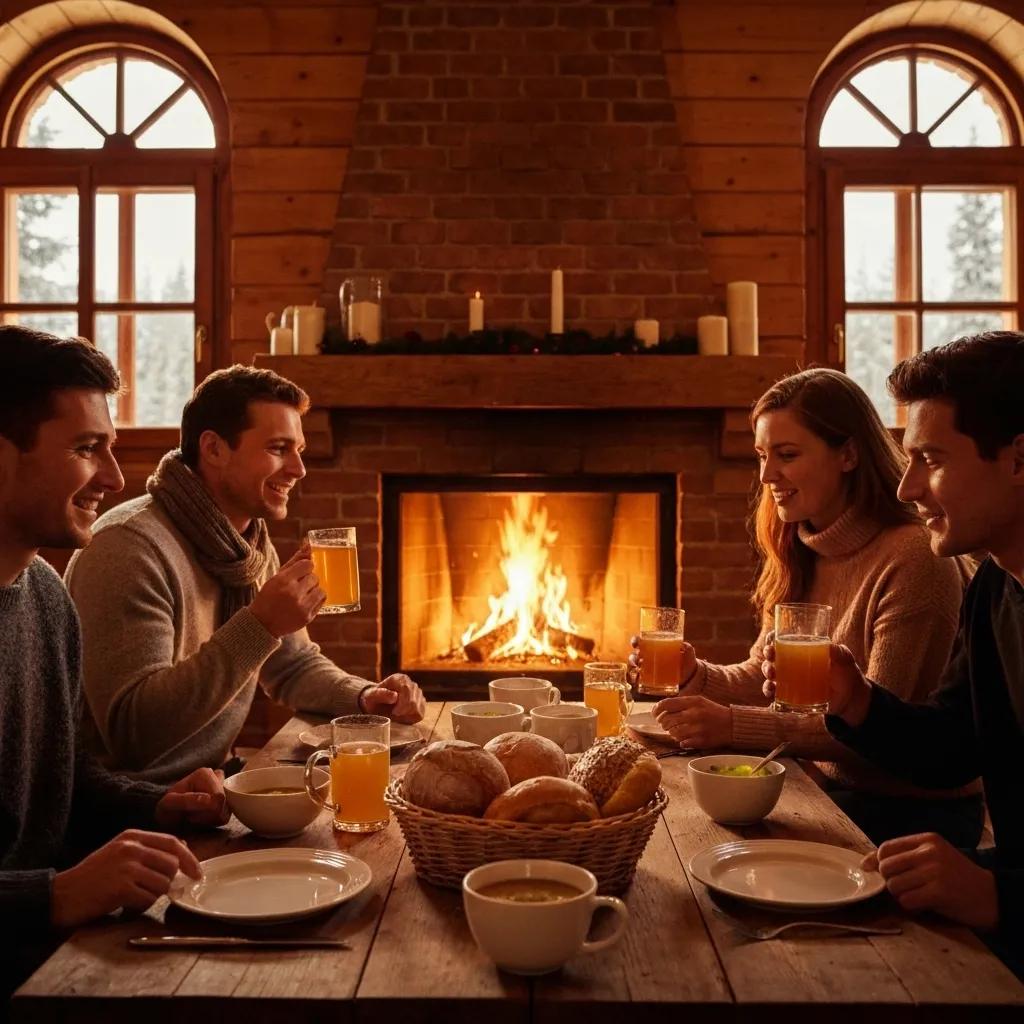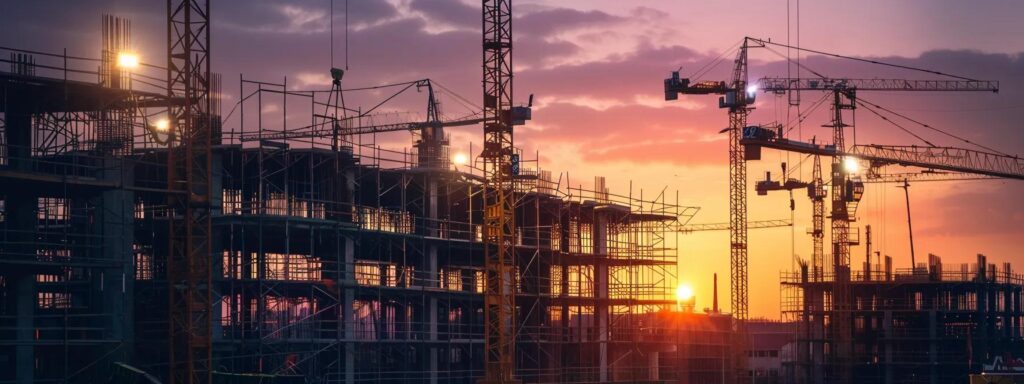
Table Of Contents:
- Modern Home Builder Techniques Transforming Des Moines Homes
- What Are the Latest Modern Architectural Styles Shaping Des Moines Homes?
- Which Advanced Construction Techniques Improve Modern Home Building in Des Moines?
- What Sustainable Materials Are Used in Modern Home Construction in Des Moines?
- How Much Does It Cost to Build a Modern Home in Des Moines?
- Why Choose a Modern Home Builder Specializing in Des Moines Homes?
- How Are Energy-Efficient Technologies Transforming Modern Homes in Des Moines?
- How Can Home Renovations Incorporate Modern Builder Techniques in Des Moines?
- Table: Comparison of Key Sustainable and Energy-Efficient Home Features
- Frequently Asked Questions
Modern Home Builder Techniques Transforming Des Moines Homes
In Des Moines, modern home construction, characterized by innovative home-building practices, is evolving as builders integrate advanced construction techniques, sustainable materials, and energy-efficient technologies to meet the demands of today’s design-savvy, environmentally conscious homeowners. In West Des Moines and nearby areas, homeowners seek homes that combine contemporary aesthetics with durability, energy efficiency, and environmental responsibility. Rising energy costs, increased awareness of climate change, and a preference for sustainable living drive this trend. Busy Builders LLC, a trusted general contracting company in West Des Moines, IA, leads in incorporating these innovative methods into new builds and renovations.
Modern home building in Des Moines centers on design innovation and practical functionality. Open floor plans, seamless indoor-outdoor transitions, and high-performance building materials are hallmarks of these homes. Techniques like smart framing, structural insulated panels (SIPs), and advanced HVAC systems lower energy bills, reduce carbon footprints, and improve indoor air quality. Local expertise further ensures that construction methods meet regional codes and climate demands.
This article examines modern architectural styles, construction techniques, sustainable materials, cost considerations, and energy-efficient innovations shaping Des Moines homes. It also explores why choosing a modern home builder with local experience is critical and how renovations can incorporate these techniques.
What Are the Latest Modern Architectural Styles Shaping Des Moines Homes?
Modern architectural styles in Des Moines emphasize clean lines, minimalist aesthetics, and a strong connection between indoor and outdoor spaces. Homeowners and architects favor designs that balance form and function, featuring expansive glass windows, flat or low-pitched roofs, and open floor plans.
Which Contemporary Design Elements Define Modern Homes in Des Moines?
Key design elements include large, unobstructed window walls that invite natural light and create seamless transitions between indoors and outdoors. Materials such as glass, steel, and concrete are paired with natural textures like wood and stone. Open-concept layouts, retractable walls, integrated storage, and multifunctional furniture pieces allow for personalization while preserving a minimalist, uncluttered look.
How Do Floor Plans Reflect Modern Living Needs in Des Moines Homes?
Floor plans are designed for multifunctionality with open, interconnected spaces that balance private and shared areas. Modern homes often include additional rooms for home offices, fitness areas, and spa-like bathrooms, while flexible spaces can be reconfigured as family needs evolve. Outdoor living spaces such as patios and decks extend the home’s functionality and foster a close connection with nature.
What Interior Design Trends Complement Modern Home Architecture?
Interior trends focus on simplicity, functionality, and sustainability. Neutral color schemes, subtle textures, and modern furniture create a cohesive look. Energy-efficient LED fixtures, smart lighting, and biophilic elements like indoor plants enhance ambiance and contribute to energy savings. Automated shading and smart thermostats add a high-tech, yet comfortable, layer to the living experience.
Which Advanced Construction Techniques Improve Modern Home Building in Des Moines?
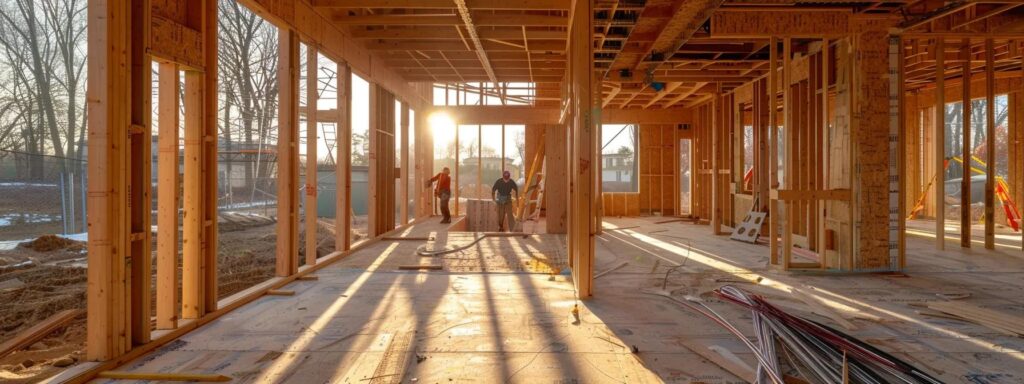
Modern construction in Des Moines leverages advanced framing, improved insulation, and smart home technology. These techniques not only boost efficiency and durability but also ensure high energy performance and indoor environmental quality, while reducing waste and speeding up construction timelines.
How Does Advanced Framing Enhance Structural Efficiency?
Advanced framing, or optimum value engineering (OVE), minimizes lumber use while ensuring strong structural integrity. By reducing the number of studs and headers, it increases insulation space, reduces thermal bridging, and improves energy efficiency. In a climate with significant weather extremes, these techniques help maintain consistent indoor temperatures while supporting open, flexible designs.
What Insulation and Air Sealing Methods Boost Energy Efficiency?
High-performance insulation such as spray foam, cellulose, and rigid foam panels fills cavities more completely than traditional fiberglass, reducing heat loss. Air sealing around windows, doors, and outlets with continuous air barrier systems prevents leaks, lowers energy bills, and improves indoor air quality by reducing allergens and contaminants.
How Is Smart Home Technology Integrated Into Modern Builds?
Smart home technology is integrated to offer enhanced control over lighting, HVAC, security, and energy management. Homeowners can monitor and control systems remotely using smartphones or voice commands. Automation of routine tasks and the use of Building Information Modeling (BIM) streamline construction, ensuring all modern systems work together efficiently to maintain comfortable and energy-efficient homes.
What HVAC Systems Are Best Suited for Modern Des Moines Homes?
Modern Des Moines homes favor HVAC systems that deliver precise climate control. High-efficiency heat pumps and variable refrigerant flow (VRF) systems, paired with smart thermostats, optimize energy use by operating only when necessary. Proper damp-proofing and ventilation also keep indoor humidity and air quality in check, ensuring year-round comfort despite seasonal temperature variations.
What Sustainable Materials Are Used in Modern Home Construction in Des Moines?
Sustainability is central to modern construction in Des Moines. Builders use eco-friendly materials—from locally sourced wood to recycled steel—to enhance durability and lower carbon footprints while supporting regional economies.
Which Eco-Friendly Building Materials Are Locally Available?
Locally available materials such as sustainably harvested timber, recycled steel, reclaimed brick, and native stone help reduce transportation emissions and preserve regional character. Low-VOC paints and adhesives also contribute to healthier indoor environments by minimizing harmful emissions.
How Do Green Building Certifications Impact Home Quality?
Certifications like LEED and guidelines from the National Association of Home Builders ensure that projects meet rigorous standards for energy efficiency, water conservation, and indoor environmental quality. Homes with these certifications benefit from better insulation, high-performance windows, and additional energy-efficient systems, leading to lower operating costs and improved comfort.
What Energy-Efficient Windows and Doors Are Recommended?
Triple-glazed windows with low-emissivity coatings and insulated door systems are essential in reducing thermal transfer. Smart window systems that adjust tint based on sunlight exposure further cut energy costs and maintain comfortable indoor temperatures when combined with effective framing and insulation techniques.
How Are Water Conservation Systems Incorporated in Modern Homes?
Water conservation is achieved through rainwater harvesting, greywater recycling, and low-flow fixtures. These systems collect rainwater for landscaping, toilet flushing, and irrigation, reducing municipal water demand. Advanced plumbing technologies such as smart irrigation controllers and leak-detection sensors ensure efficient water use and minimal waste.
How Much Does It Cost to Build a Modern Home in Des Moines?
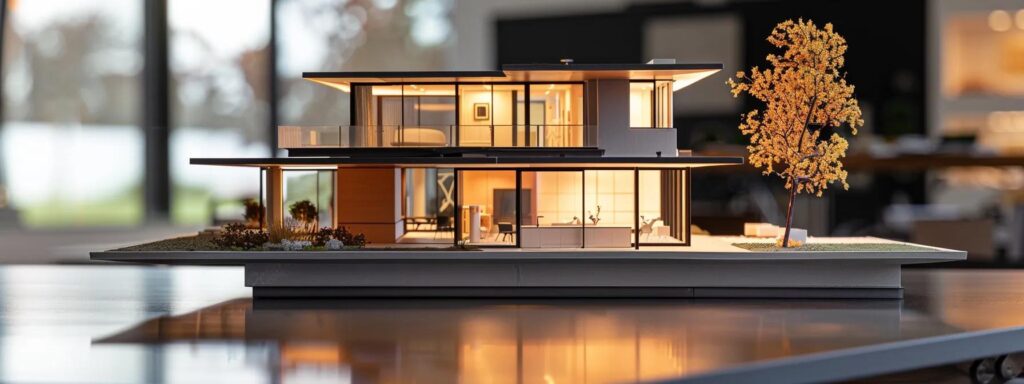
Building a modern home in Des Moines depends on design complexity, material choices, site conditions, and the inclusion of energy-efficient systems. While modern methods like modular building and prefabrication can cut labor costs and time, the initial investment in sustainable materials and smart technologies is typically higher. However, long-term savings in energy and higher resale values often offset the upfront costs. Government incentives, financing options, and local permits also influence the overall budget.
What Are Typical Financing Options for Modern Home Construction?
Financing options include traditional construction loans, renovation financing, and specialized green home financing programs. Local banks and credit unions may offer competitive rates, and government incentives or rebates for energy-efficient practices can ease financial burdens. Consulting a local financial advisor experienced in sustainable construction is recommended to secure the best terms.
How Does Energy Efficiency Affect Return on Investment (ROI)?
Energy-efficient features such as advanced insulation, triple-glazed windows, and smart HVAC systems not only lower utility bills but can also raise resale values by 10%–15% compared to traditional homes. The reduced long-term maintenance and repair costs further improve the overall return on investment.
What Are the Local Building Permits and Regulations in Des Moines?
Des Moines building codes follow national standards with local amendments addressing climate and sustainability. Permits are required for structural changes, HVAC, plumbing, and electrical work. Contractors must provide detailed plans and energy models to comply with regulations. Working with experienced professionals like those at Busy Builders LLC ensures a smooth process with no costly delays.
Why Choose a Modern Home Builder Specializing in Des Moines Homes?
Choosing a local modern home builder offers specialized expertise, superior craftsmanship, and advanced construction techniques tailored to the unique demands of the region. Such builders understand local regulations and climate dynamics, ensuring that homes perform optimally in terms of energy efficiency, air quality, and structural durability.
What Unique Value Propositions Do Des Moines Builders Offer?
Des Moines builders blend modern design aesthetics with innovative building practices to provide personalized solutions that meet local lifestyles. They use state-of-the-art tools like BIM to reduce errors and improve timelines, source sustainable materials locally, and often offer transparent financing and post-construction support, all of which add significant value.
How Does Local Expertise Influence Building Success?
Local builders possess an in-depth understanding of regional climate, soil conditions, and building codes. They leverage local supply chains to obtain high-quality, sustainable materials at competitive prices, navigate permitting and zoning regulations efficiently, and maintain relationships with trusted subcontractors, all of which minimize risks and delays.
What Do Client Testimonials Reveal About Builder Quality?
Client reviews frequently praise the professionalism, transparency, and attention to detail of modern home builders in Des Moines. Homeowners report lower energy costs, improved indoor comfort, and personalized service during and after construction—testimonies that underscore the builders’ commitment to quality, innovation, and sustainable practices.
How Does the Building Process Ensure Transparency and Customization?
Modern home construction emphasizes transparency and customization through digital tools like BIM and project management software. Homeowners receive real-time updates on progress and budget adjustments, while detailed consultations allow for personalized finishes and layout modifications. This collaborative process ensures that every project aligns with both environmental goals and individual preferences.
How Are Energy-Efficient Technologies Transforming Modern Homes in Des Moines?
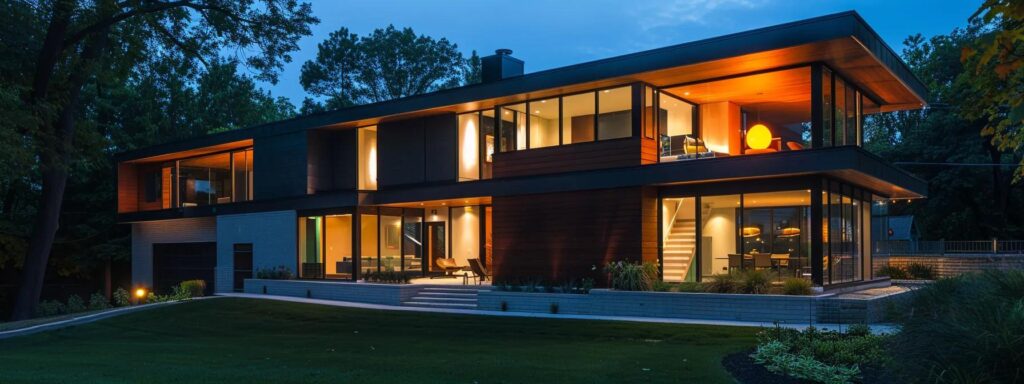
Energy-efficient technologies have transformed home construction by reducing energy consumption, enhancing comfort, and lowering operating costs. In a city like Des Moines, where extreme weather demands robust insulation and HVAC solutions, these innovations contribute to substantial energy savings and increased property value.
What Role Do High-Performance Insulation and Windows Play?
High-performance insulation materials such as spray foam and SIPs, together with triple-glazed windows, minimize heat transfer and provide consistent indoor temperatures. These solutions not only reduce utility bills but also improve soundproofing and overall envelope durability, often resulting in as much as 30% energy savings when paired with proper air sealing.
How Do Smart Home Systems Contribute to Energy Savings?
Smart systems automate lighting, heating, cooling, and water management based on occupancy and weather patterns. For example, smart thermostats adjust temperatures automatically, ensuring that energy isn’t wasted when no one is home. Combined with sensors and automated shading, these systems play a critical role in reducing energy use while enhancing overall home comfort.
What Government Incentives Support Energy-Efficient Home Building?
Local, state, and federal programs offer tax credits, rebates, and low-interest loans to encourage sustainable building practices. Incentives such as Energy Star and LEED certifications not only boost a home’s market value but also provide long-term reductions in energy expenses, making modern, energy-efficient construction economically attractive.
How Can Home Renovations Incorporate Modern Builder Techniques in Des Moines?
Renovations offer a chance to incorporate modern techniques without rebuilding from scratch. Upgrading insulation, HVAC systems, and incorporating smart home technologies can transform older homes into efficient, modern living spaces while boosting their market value.
What Modern Techniques Are Used in Home Remodeling Projects?
Modern remodeling often features open-concept redesigns, sustainable and reclaimed materials, and smart home integrations. Techniques that reduce construction waste—like modular design and prefabricated components—are increasingly common. Digital tools such as BIM enhance the precision of renovations, ensuring cost-effective and efficient updates.
How Do Sustainable Materials Enhance Renovation Outcomes?
Using sustainable materials like engineered wood, recycled metal, and eco-friendly insulation lowers a home’s carbon footprint and improves performance. Reclaimed wood for flooring or cabinetry adds character along with durability, while low-VOC finishes promote healthier indoor air quality and lower energy costs.
What Are the Benefits of Upgrading to Energy-Efficient Systems?
Upgrading to energy-efficient systems during a renovation can immediately lower utility bills and improve indoor comfort. Enhanced HVAC systems, LED lighting, and smart thermostats reduce energy waste and, over time, increase a property’s market value by appealing to energy-conscious buyers.
Table: Comparison of Key Sustainable and Energy-Efficient Home Features
Before delving into frequently asked questions, here is a table summarizing some of the most important sustainable features found in modern Des Moines homes:
| Feature | Key Component | Benefit | Comparison Value |
|---|---|---|---|
| High-Performance Insulation | Spray foam, SIPs | Up to 30% energy savings | Energy Star certified |
| Energy-Efficient Windows | Triple-glazing, Low-E coating | Reduced thermal loss | 15-20% improved performance |
| Smart HVAC Systems | Heat pumps, VRF | Precise climate control | 25% energy reduction |
| Water Conservation Systems | Rainwater harvesting, low-flow fixtures | Reduced water usage | Up to 40% lower water bill |
| Sustainable Building Materials | Reclaimed wood, recycled steel | Lower carbon footprint | LEED compliant designs |
The table above shows how modern Des Moines homes use advanced features to achieve high energy savings, environmental benefits, and cost efficiency.
Following is an overview of frequently asked questions that provide further insights into these modern building techniques.
Frequently Asked Questions
Q: What are the primary benefits of using advanced framing techniques? A: Advanced framing reduces lumber usage while enhancing structural integrity. By increasing insulation space and reducing thermal bridging, it lowers energy costs and improves indoor comfort while supporting a sustainable design.
Q: How do energy-efficient windows help reduce energy bills? A: Windows with triple-glazing and low-emissivity coatings minimize heat transfer, leading to a more stable indoor climate with reduced heating and cooling costs, and thus improving overall energy efficiency.
Q: What financing options are available for building a modern, sustainable home? A: Options include traditional construction loans, renovation financing packages, and specialized green home financing. Government incentives and rebates for energy-efficient practices also help reduce initial costs.
Q: Can modern home renovations increase a property’s market value? A: Yes. Incorporating modern techniques, energy-efficient systems, and sustainable materials can significantly boost property value by lowering operating costs and appealing to environmentally conscious buyers.
Q: What local regulations should be considered when building a modern home in Des Moines? A: Des Moines building codes, which combine national standards with local amendments for climate and sustainability, require permits for structural changes, HVAC, plumbing, and electrical installations. Familiarity with zoning and energy modeling is essential.
Q: How does smart home technology contribute to overall energy efficiency? A: Smart systems automate climate control, lighting, and security based on occupancy and external conditions, which optimizes energy use and enhances overall comfort.
Q: What sustainable materials are most popular among builders in Des Moines? A: Reclaimed wood, recycled steel, eco-friendly insulation, and low-VOC finishes are popular. They help reduce waste and emissions while enhancing durability and overall appeal.

